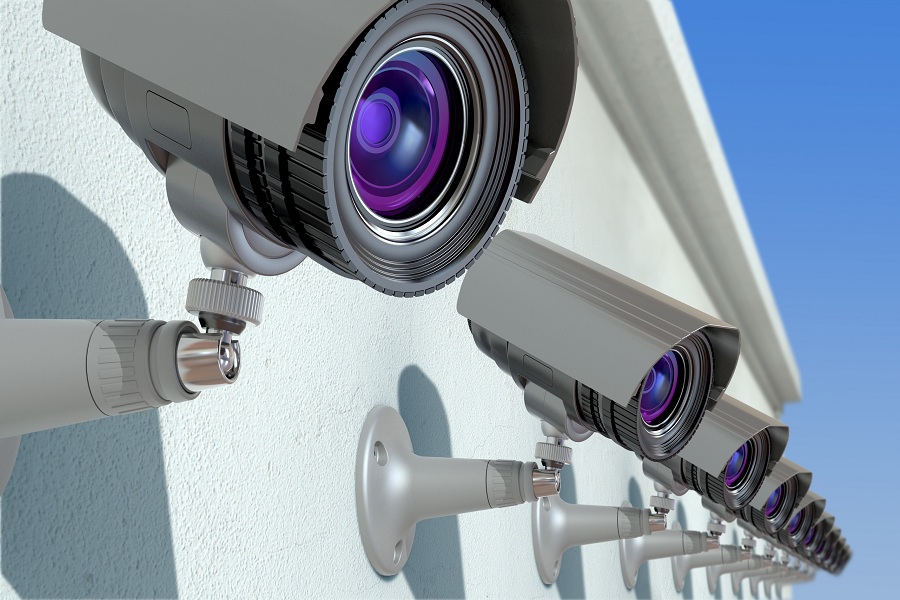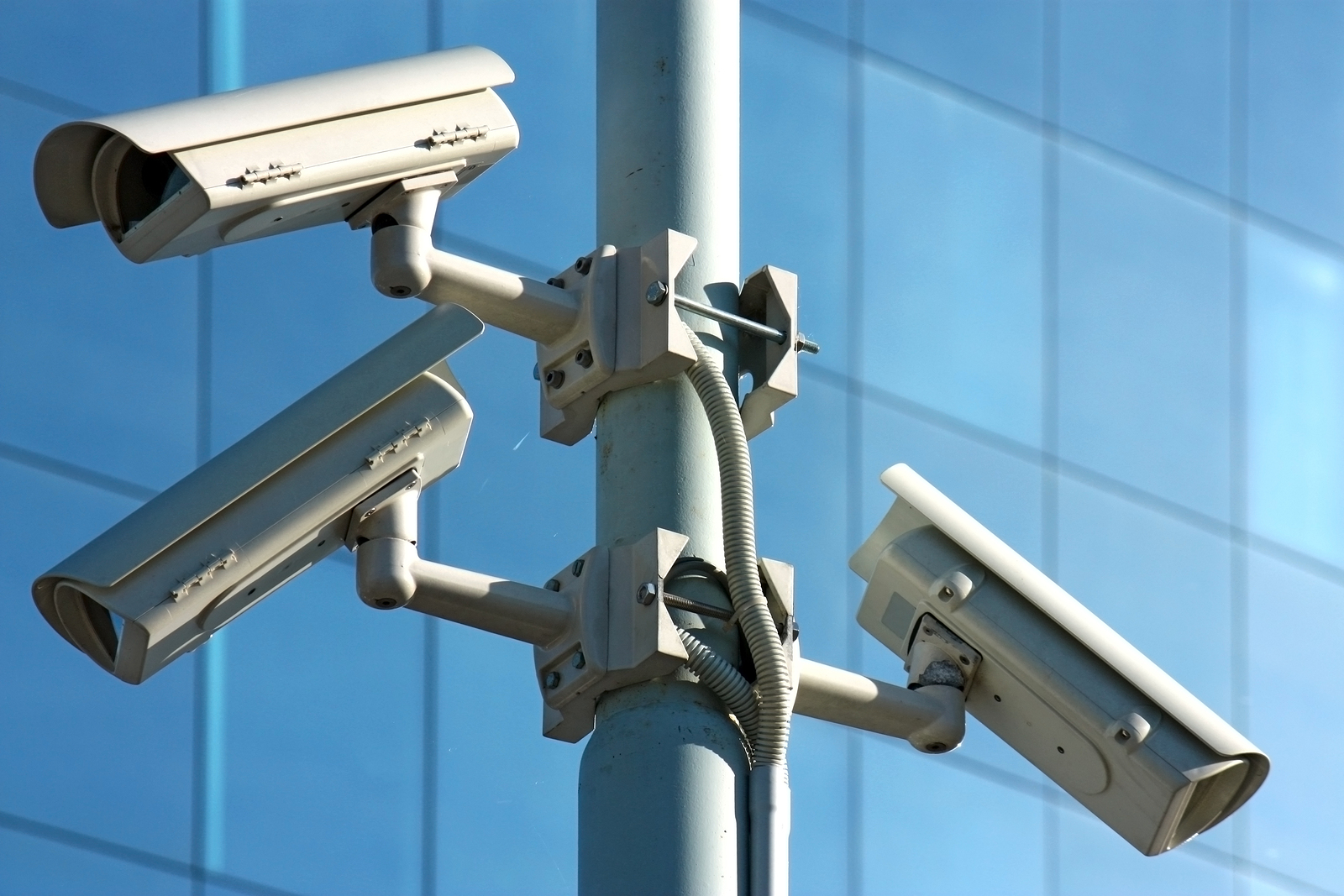Russian webcam hackers: Nothing to see here
Davey Winder explains why the Russsian webcam story isn't news at all...


The slightest hint of voyeurism and the news media is all over an IT security issue like an itchy rash.
I'm talking about last week's story about a Russian website that was found to be streaming the live feeds of thousands of unsecured webcams from around the world.
The site had been known about for a while before the BBC and others picked up on it, as word of it had already been widely circulated on social media sites long before.
This wasn't the only thing that made the story old news, because the so-called hacking of webcam feeds isn't a new phenomenon. I have been writing about the risk of unsecured network cams with IP addresses since they first hit the market more than a decade ago.
But why, I hear you ask, have I referred to it as "so-called hacking"? The reason for that is because there is precious little hacking involved. In actual fact, all that is happening here are people and organisations hooking their webcams and CCTV units up to the internet without bothering to change the default admin logins and passwords first.
Of course, the media interest has peaked because of two things: Firstly there's opportunity for a scare story about someone, somewhere watching us get down and dirty in the bedroom. Although why anyone would want a live streaming camera in the bedroom is beyond me, unless they wanted people to see their intimate moments.
Then there's the Internet of Things (IoT) connection. Just as with the cloud prefix, if a story can be associated with the IoT, it's worth running. The fact that IP cams pre-date the IoT by a decade is neither here nor there. A bit like the Russian site in question.
Sign up today and you will receive a free copy of our Future Focus 2025 report - the leading guidance on AI, cybersecurity and other IT challenges as per 700+ senior executives
I went and looked at it when I first heard about it, hopeful that something more interesting than empty car parks, office hallways and dingy corners of warehouses might be on display. But no, that was pretty much it no matter which location I looked in, any time of day, anywhere on the map. This is, almost, a non-story then.
Except it does serve to remind us that we are responsible for our own actions and our own security. Simply blaming the 'bloody Russians' for putting this site up and 'hacking' into all those cameras is not good enough.
The buck stops with the user; if you have an IP connected camera and haven't bothered to change the defaults for remote access or secure the damn thing behind your perimeter defences. The larger the enterprise, the better the security posture and the more comprehensive the security policy so the less chance of this happening. That's what my experience of such things would suggest at least. The further down the enterprise size scale you slide, the greater the risk of inadvertent exposure becomes.
It also reminds us that vendors have a role to play here, and have known about the dangers these camera defaults pose for years yet have done naff all to rectify the matter and switch them off out of the box. Would it really be such a problem to Joe User that remote internet access had to be switched on if that was made clear on the packaging, on the device and in the instruction manual? Is Joe User really that thick? Don't answer that...
Davey is a three-decade veteran technology journalist specialising in cybersecurity and privacy matters and has been a Contributing Editor at PC Pro magazine since the first issue was published in 1994. He's also a Senior Contributor at Forbes, and co-founder of the Forbes Straight Talking Cyber video project that won the ‘Most Educational Content’ category at the 2021 European Cybersecurity Blogger Awards.
Davey has also picked up many other awards over the years, including the Security Serious ‘Cyber Writer of the Year’ title in 2020. As well as being the only three-time winner of the BT Security Journalist of the Year award (2006, 2008, 2010) Davey was also named BT Technology Journalist of the Year in 1996 for a forward-looking feature in PC Pro Magazine called ‘Threats to the Internet.’ In 2011 he was honoured with the Enigma Award for a lifetime contribution to IT security journalism which, thankfully, didn’t end his ongoing contributions - or his life for that matter.
You can follow Davey on Twitter @happygeek, or email him at davey@happygeek.com.
-
 How the UK public sector could benefit from strategic channel partnerships
How the UK public sector could benefit from strategic channel partnershipsIndustry Insights Is the channel the answer to the growing cost vs budget problem facing the public sector?
-
 Microsoft wants to replace C and C++ with Rust by 2030
Microsoft wants to replace C and C++ with Rust by 2030News Windows won’t be rewritten in Rust using AI, according to a senior Microsoft engineer, but the company still has bold plans for embracing the popular programming language
-
 What can AI do to empower those working in the legal sector today, tomorrow, and beyond?
What can AI do to empower those working in the legal sector today, tomorrow, and beyond?Supported AI is transforming the legal profession — from streamlining today’s workflows to shaping tomorrow’s strategies. For firms, the choice is clear: embrace trusted AI tools now or risk falling behind in a rapidly evolving landscape
-
 AI in the legal sector: How to separate the signal from the noise
AI in the legal sector: How to separate the signal from the noiseSupported From contract review to litigation strategy, AI promises efficiency. But with so much noise in the market, legal professionals must know how to spot tools that deliver real value
-
 How AI can help rather than hinder knowledge workers in the legal profession
How AI can help rather than hinder knowledge workers in the legal professionSupported AI won’t replace lawyers — it empowers them. Free from routine tasks, legal pros can focus on strategy, judgment, and client success
-
 AI legal confidence: What is it and how do you get there?
AI legal confidence: What is it and how do you get there?Supported AI is reshaping legal practice, but doing so successfully comes down to building trust and confidence...
-
 Legal professionals face huge risks when using AI at work
Legal professionals face huge risks when using AI at workAnalysis Legal professionals at a US law firm have been sanctioned over their use of AI after it was found to have created fake case law.
-
 AWS makes its Panorama Appliance generally available
AWS makes its Panorama Appliance generally availableNews The device helps increase quality control, optimize supply chains, and enhance consumer experiences
-
 Eagle Eye Networks announces new editions of Cloud VMS
Eagle Eye Networks announces new editions of Cloud VMSNews The editions are suitable for small, medium, and large businesses
-
 The future of AI in the legal industry
The future of AI in the legal industryIn-depth It’s an industry that can be traced back to ancient Greece and Rome but how will artificial intelligence catapult the legal profession into the 21st century?
